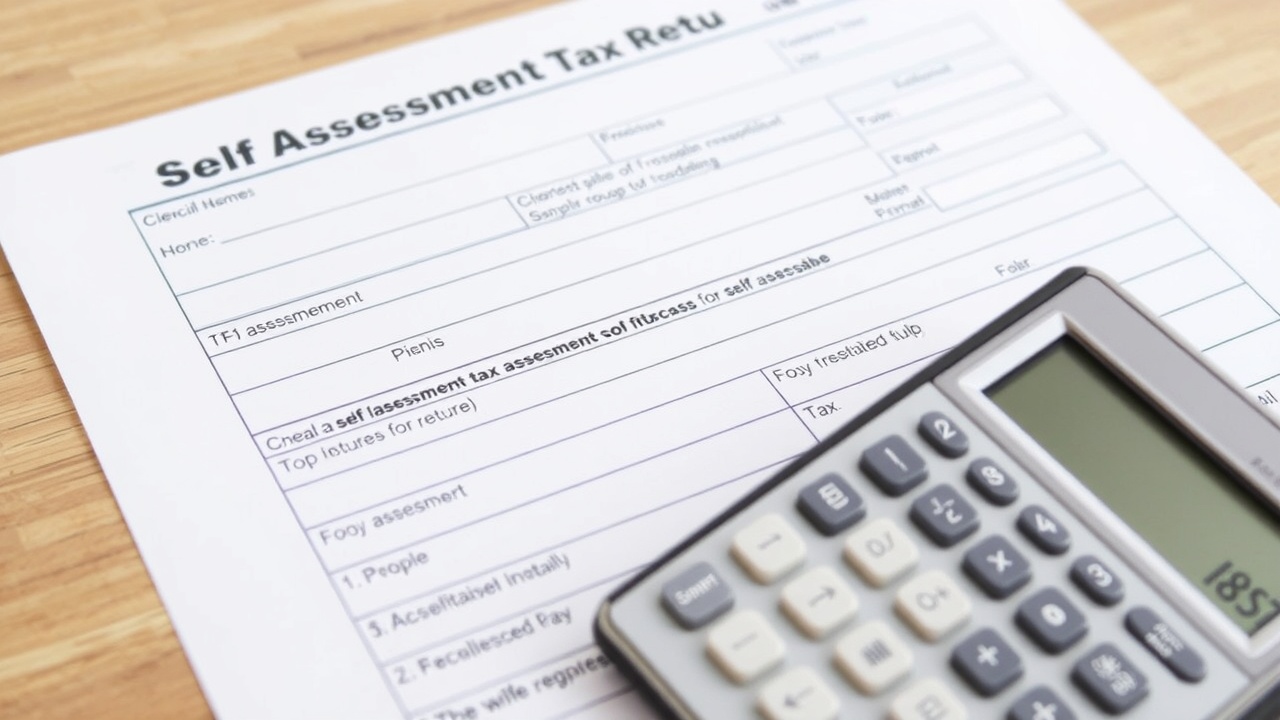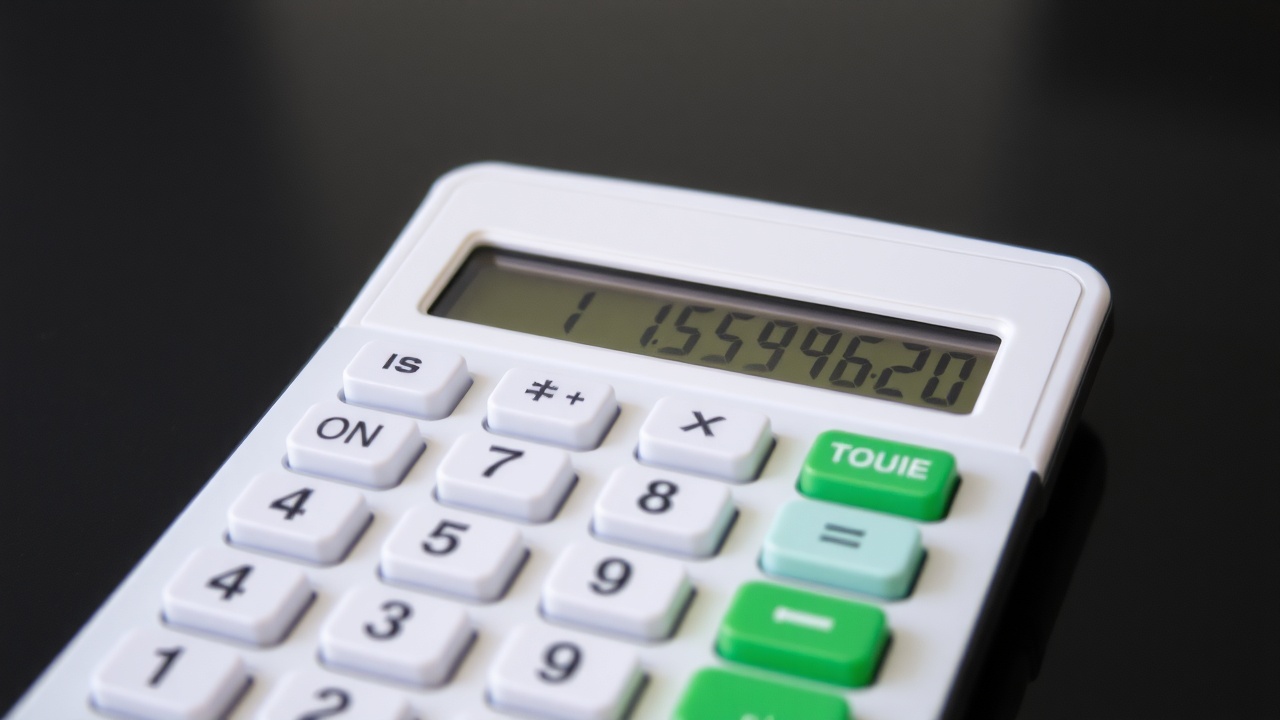
With triple lock forcing more retirees into taxable income brackets, HMRC is presenting surprise tax bills to over a million people, including thousands of pensioners
HMRC has sent bills to thousands of pensioners who are in debt due to higher pension payments and frozen income thresholds.
According to wealth manager Quilter's Freedom of Information request, the tax collector has been sending simple assessmentsbillsto individuals like pensioners in order to collect unpaid taxes, rather than expecting them to file tax returns.
Quilter stated that although simple assessments are meant to make tax collection easier, their increasing use may surprise some people and is partly a result of the growing number of pensioners who are being drawn into the tax system.
The triple lock, which guarantees that the state pension rises annually in accordance with the highest figure of either inflation, average earnings, or 2 percent, is a major factor behind the sharp increases in state pension payments that force more pensioners to pay taxes.
In April, the full new state pension went up from 221.20 per week (11,502 annually) to 230.25 (11,973), a 4.1 percent increase. The weekly full basic state pension increased to 176.45 (9,175) from 169.50 (8,814 annually).
As a result, the entire new state pension, in particular, is now very near the 12,570 personal allowance threshold, which is where taxes are due. Many pensioners now receive basic assessments from HMRC and are required to pay income tax in retirement, even if they have other sources of income.
In the 2023 - 2024 tax year, HMRC issued 1.32 million simple assessments, a 74% increase from 757,745 the previous year, according to the study.
This is the most ever recorded and almost three times as many as were published five years ago.
According to Quilter's head of retirement policy, Jon Greer, "This is just another example of fiscal drag in action. It is not their fault that millions of people are inadvertently entering the tax system.
"Frozen tax thresholds and increased state pensions are increasing older people's tax obligations, as evidenced by the sharp increase in simple assessments. Before they receive the letter from HMRC, many of them might not even be aware that they owe anything.
Tax bills that come as a surprise can be frightening, particularly if you are already having financial difficulties. It is best to call HMRC to discuss your options if you receive one and are unsure of what to do. Avoid getting bogged down in the sand.
What is meant by a simple assessment?
HMRC collects tax through simple assessments, which eliminate the need for the taxpayer to fill out a self-assessment form.
As an alternative, HMRC issues a tax bill directly when it thinks the calculation is simple, which is frequently the case when it contains sufficient information about an individual's income.
Pensioners or workers who underpay taxes as a result of income fluctuations that PAYE doesn't fully account for throughout the year are typically subject to simple assessments.
A simple assessment is not automatically triggered by a fixed income threshold. HMRC, however, typically issues them when.
HMRC believes it has sufficient information to determine the amount of tax owed accurately; therefore, it does not release official figures on the average simple assessment bill. If an individual owes more than 3,000 in unpaid income tax and is not yet in self-assessment, tax cannot be collected through PAYE, such as from the state pension (which is paid gross). Usually, it is smaller sums of money.
Who is going to get a bill?
Three categories of people are most frequently given simple tests.
Workers with multiple income streams, particularly when one income stream isn't fully taxed under PAYE Taxpayers who no longer have to complete self-assessment but still owe taxes and pensioners whose total income, especially after recent state pension increases, puts them above the personal allowance (12,570 for 2024/25) but who do not file tax returns.
How is income taxed for pensioners?
According to the data, the number of taxpayers who receive simple assessmentsautomatic assessments for underpaid taxeshas sharply increased.
In retirement, many state pensioners also receive other income that is subject to PAYE income tax collection.
There is no tax withheld at the source when the state pension is paid. This implies that people who receive additional incomelike earnings or a private pensionhave their state pension taken into consideration through changes to their tax code.
This will eliminate the need for the majority of pensioners to file self-assessment tax returns. However, mistakes in state pension calculations can lead to mistakes in tax codes, particularly for pensioners. so they can receive a basic evaluation.
Why can tax code errors happen, particularly for pensioners?
Because state pensions are not taxed at source, HMRC must collect the tax in other ways, frequently by changing the tax code on private pensions, making pensioners especially susceptible to tax code errors. There will be an underpayment if this is not done properly.
Additionally, pensioners often have more than one source of income (two pensions, or a pension and part-time work), which can make it difficult to apply the appropriate tax codes.
Information updates may also be delayed as a result of changes in income, such as withdrawing from a private pension or leaving the workforce for retirement.
Tax codes may be based on out-of-date information as a result of frequent delays in data sharing between DWP, pension providers, and HMRC.
Finally, errors may be introduced by HMRC's manual adjustments, especially if taxpayers fail to notice errors in their tax code notices.
Income tax thresholds that have been frozen.
The ongoing freezing of tax thresholds until 2028 is another significant factor contributing to the rise in the number of people receiving simple assessments. Before April 2021, the majority of personal tax thresholds were set to increase in accordance with CPI inflation, but since then, they have been frozen in cash terms.
More of the taxpayer's income is taxed and more of that taxed falls into higher tax bands when earnings increase in relation to tax thresholds. Fiscal drag is the term for this.
Additionally, as inflation drives up incomes, more people are being forced to earn more than the personal allowance, which is the amount of money that most people are allowed to earn before taxes are due. Thus, more people owe taxes.
Without affecting headline rates, frozen income tax thresholds are a form of covert tax that essentially raises the tax burden annually.














Leave a comment on: Do you owe the taxman money? HMRC shows pensioners record-high surprise tax bills